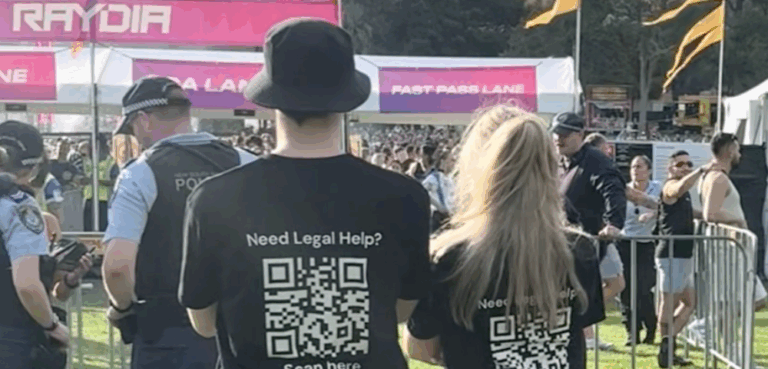
New police GLBTI policy
NSW Police announced a new policy covering police interactions with the GLBTI community at the launch of the Transgender Anti-Violence Project on Friday.
The Policy on Sexuality and Gender Diversity 2011-2014 was created in consultation with community groups. For the first time, it recognises bisexuals, transgender and intersex people as separate groups with their own needs.
In a message of support, NSW Police Commissioner Andrew Scipione said the policy was the third of its kind NSW Police had developed.
“The first policy was issued in 1997 and the second in 2003,” Scipione said. “These statements illustrate a commitment to improving policies and strategies on gay, lesbian, bisexual, transgender and intersex issues and provide a clear direction for the future.”
Scipione said the new policy “reflects a number of significant changes”.
“It formally acknowledges bisexuals, transgender and intersex people as groups vulnerable to prejudice-related violence and therefore of particular concern to police.
“This policy aims to ensure that these diverse communities are treated with respect, courtesy and fairness in all their interactions with police.
“It reflects our commitment to building trust and confidence in the NSW police force amongst members of the GLBTI communities in NSW, resulting in, we hope, increased rates of reporting.”
NSW Police corporate spokeswoman on GLBTI issues, Chief Superintendent Donna Adney told the Star Observer that police had “tried to acknowledge that there is sexuality and gender diversity”.
“It’s on a continuum and we want to try to help and address the issues of all the people on that continuum,” Adney said.
The policy recognises that through stating, “a person from a gender diverse background may express any sexuality — heterosexual, homosexual or bisexual”.
Organisation Intersex International Australia president Gina Wilson said the policy was the first time an Australian police force had formally recognised intersex people.
Wilson said intersex issues with police could include who was appropriate to conduct a strip search, or if convicted of a crime, what sex prison they should be sent to and ensuring that privacy around medical diagnoses was maintained.
“Our medical diagnoses are as private as anyone else’s, and when those things become known by the police because we have some engagement with them, that difference about us remains our business and it is our right to disclose it or not disclose it to who we feel comfortable,” Wilson said.
The policy is intended to complement the NSW Government’s ‘Strategic Framework 2007-2012 – Working Together: Preventing Violence Against GLBTI People’.
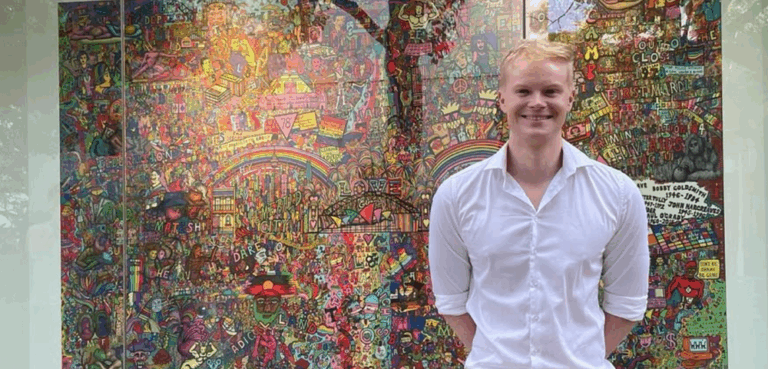




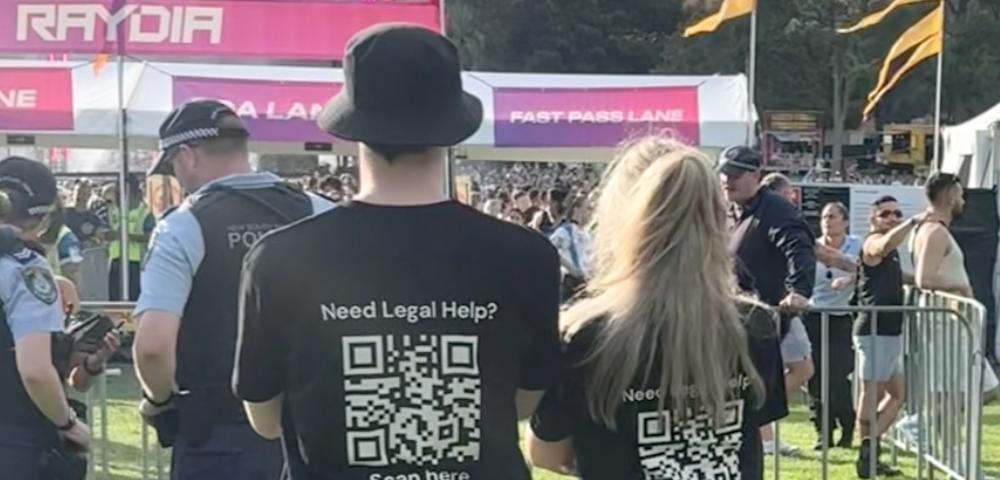
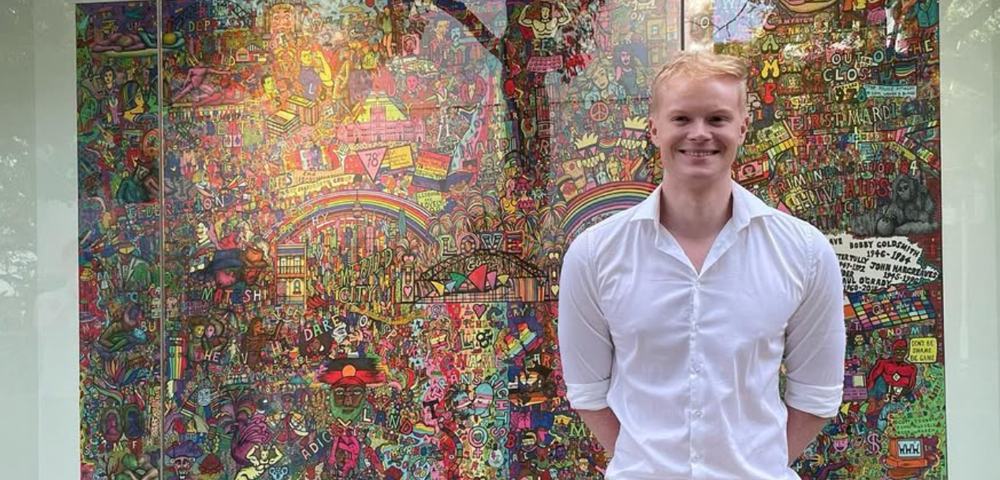
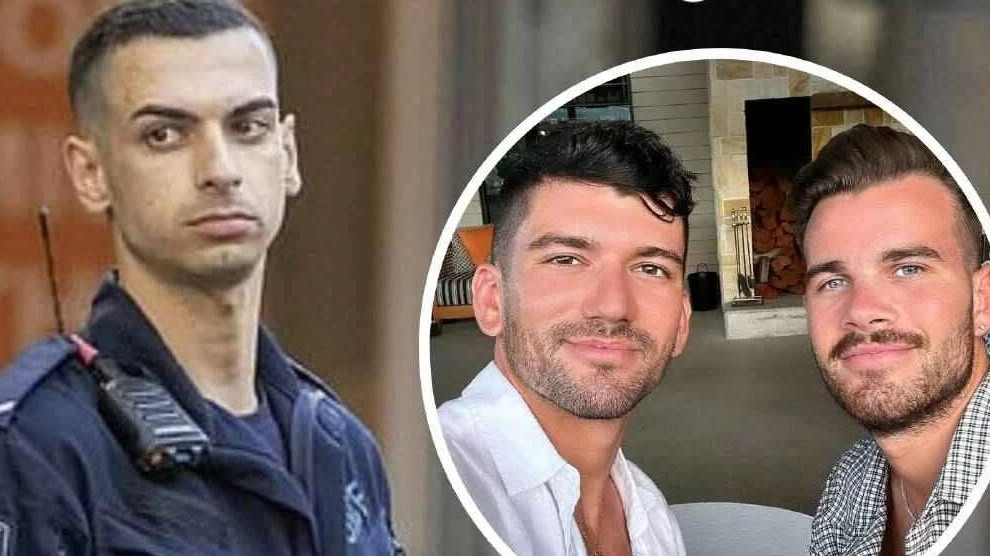

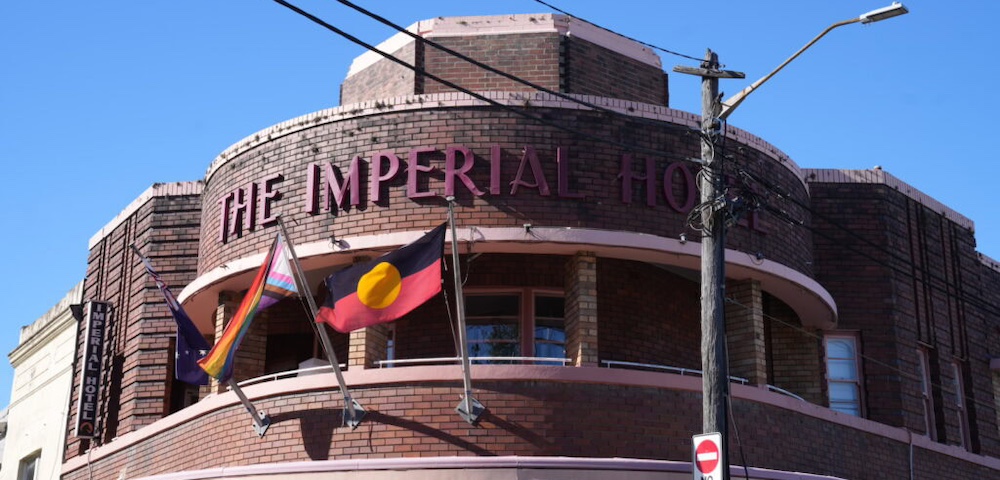
Anton,
Possibly it wasn’t possible to identify the offenders. Pure and simple!
Why have the police not caught the 4 men who severely bashed the 2 gay guys in Oxford St then used their mobile phones to send gay hate messages to their families?